McGill E-Calendar 2025: A Comprehensive Guide for Students and Faculty
Related Articles: McGill E-Calendar 2025: A Comprehensive Guide for Students and Faculty
- NZ School Calendar 2025: A Comprehensive Guide To Term Dates And Holidays
- Calendario Escolar 2023-2024 Puerto Rico: A Comprehensive Guide
- Calendario Laboral Oviedo 2025: A Comprehensive Guide To Public Holidays And Business Closures
- TN Calendar 2025: A Comprehensive Overview
- The 2025 NBA Calendar: A Comprehensive Overview
Introduction
With great pleasure, we will explore the intriguing topic related to McGill E-Calendar 2025: A Comprehensive Guide for Students and Faculty. Let’s weave interesting information and offer fresh perspectives to the readers.
Table of Content
Video about McGill E-Calendar 2025: A Comprehensive Guide for Students and Faculty
McGill E-Calendar 2025: A Comprehensive Guide for Students and Faculty
Introduction
McGill University’s e-calendar serves as the official source of academic information for students, faculty, and staff. It provides a comprehensive overview of the university’s academic programs, policies, and regulations. The 2025 e-calendar is now available online, and it offers several important updates and changes. This article will provide an in-depth look at the McGill e-calendar 2025, highlighting its key features and explaining how it can be used to navigate the academic year.
Key Features of the McGill E-Calendar 2025
The McGill e-calendar 2025 is organized into several sections, each of which provides essential information for different aspects of academic life. The key features of the e-calendar include:
1. Academic Programs:
The e-calendar provides a complete list of McGill’s undergraduate and graduate programs, including information on admission requirements, program descriptions, and degree requirements. Students can use the e-calendar to explore different programs and make informed decisions about their academic path.
2. Courses and Course Descriptions:
The e-calendar contains a comprehensive database of all courses offered by McGill. Each course description includes information on course content, prerequisites, and assessment methods. Students can use the e-calendar to plan their course schedules and ensure that they meet all the requirements for their programs.
3. Academic Regulations:
The e-calendar outlines McGill’s academic regulations, including policies on grading, attendance, and academic integrity. Students should carefully review these regulations to ensure that they understand their rights and responsibilities as members of the McGill community.
4. Faculty and Staff Information:
The e-calendar provides contact information for all McGill faculty and staff members. Students can use the e-calendar to find the contact information for their professors, advisors, and other university staff members.
5. Calendar of Events:
The e-calendar includes a calendar of important academic events, such as the start and end of semesters, exam periods, and holidays. Students can use the calendar to plan their schedules and avoid conflicts.
How to Use the McGill E-Calendar 2025
The McGill e-calendar is a user-friendly resource that can be easily navigated by students and faculty. Here are some tips for using the e-calendar effectively:
1. Use the Search Function:
The e-calendar features a powerful search function that allows users to quickly find specific information. Users can search for programs, courses, faculty members, and other topics.
2. Bookmark Important Pages:
Students and faculty can bookmark important pages in the e-calendar for easy access. This can be useful for quickly accessing course descriptions, academic regulations, or faculty contact information.
3. Stay Informed of Updates:
The e-calendar is updated regularly to reflect changes in academic programs, policies, and regulations. Students and faculty should check the e-calendar regularly to stay informed of any important updates.
Updates and Changes in the McGill E-Calendar 2025
The McGill e-calendar 2025 includes several important updates and changes from previous editions. These changes include:
1. New Academic Programs:
The e-calendar 2025 introduces several new academic programs, including the Bachelor of Arts in Artificial Intelligence and the Master of Science in Data Science.
2. Revised Academic Regulations:
The e-calendar 2025 includes revised academic regulations on topics such as grading, academic integrity, and student conduct. Students should carefully review these regulations to ensure that they are aware of the latest requirements.
3. Updated Faculty and Staff Information:
The e-calendar 2025 contains updated contact information for all McGill faculty and staff members. Students and faculty should use the e-calendar to find the most up-to-date contact information for the individuals they need to reach.
Conclusion
The McGill e-calendar 2025 is an essential resource for students and faculty at McGill University. It provides a comprehensive overview of the university’s academic programs, policies, and regulations. By understanding the key features of the e-calendar and how to use it effectively, students and faculty can navigate the academic year with confidence. The e-calendar is a valuable tool that can help students make informed decisions about their academic path and ensure that they meet all the requirements for their programs.
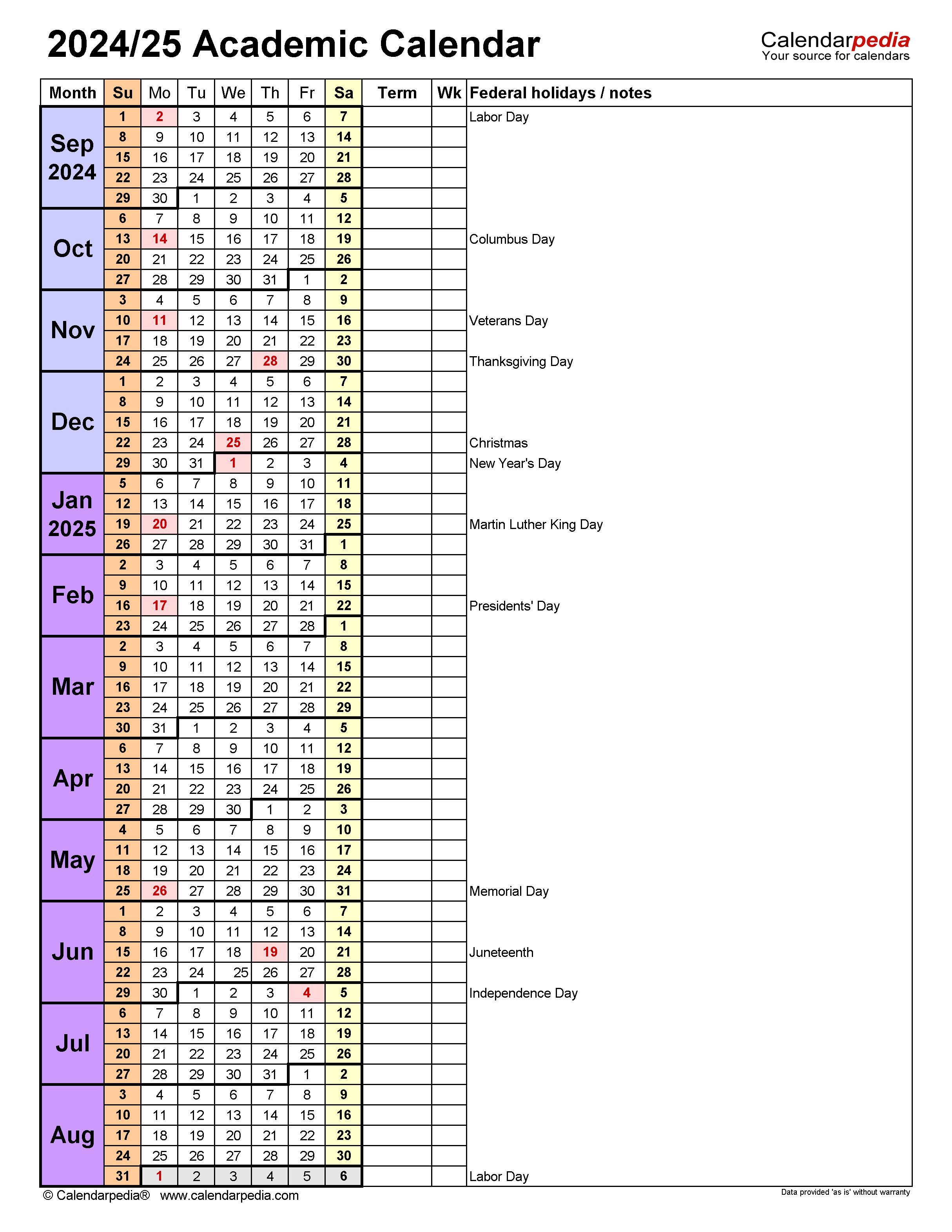




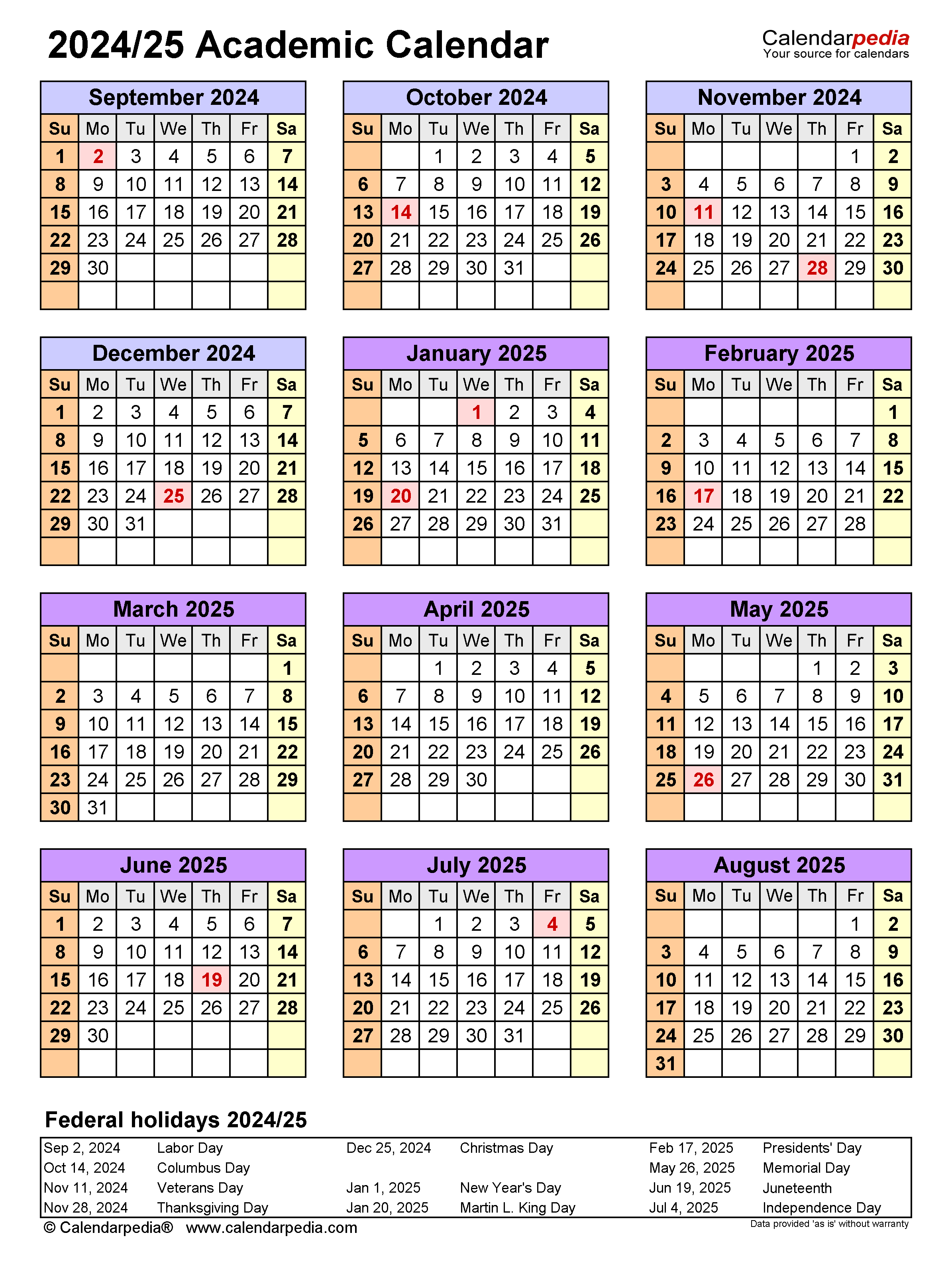
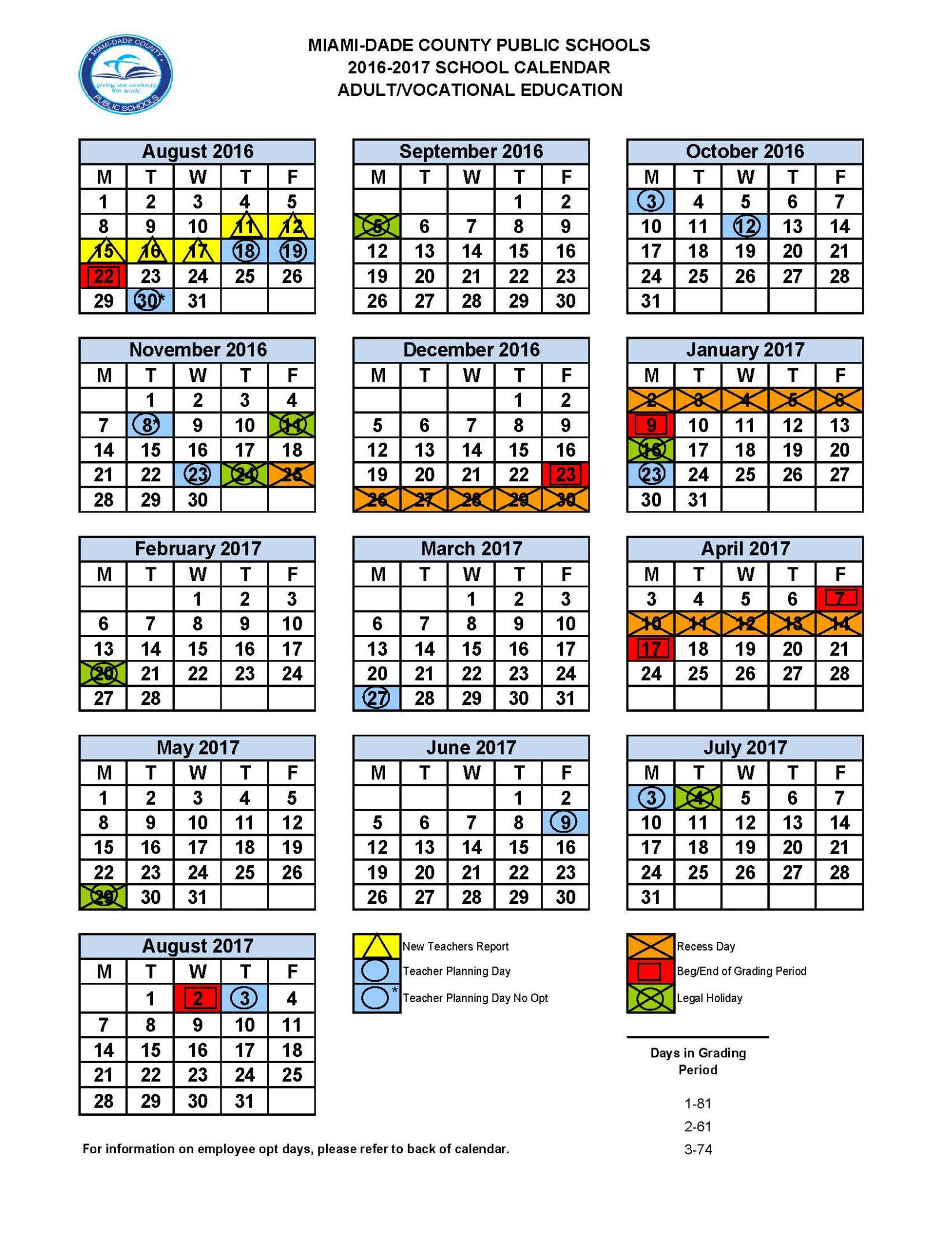
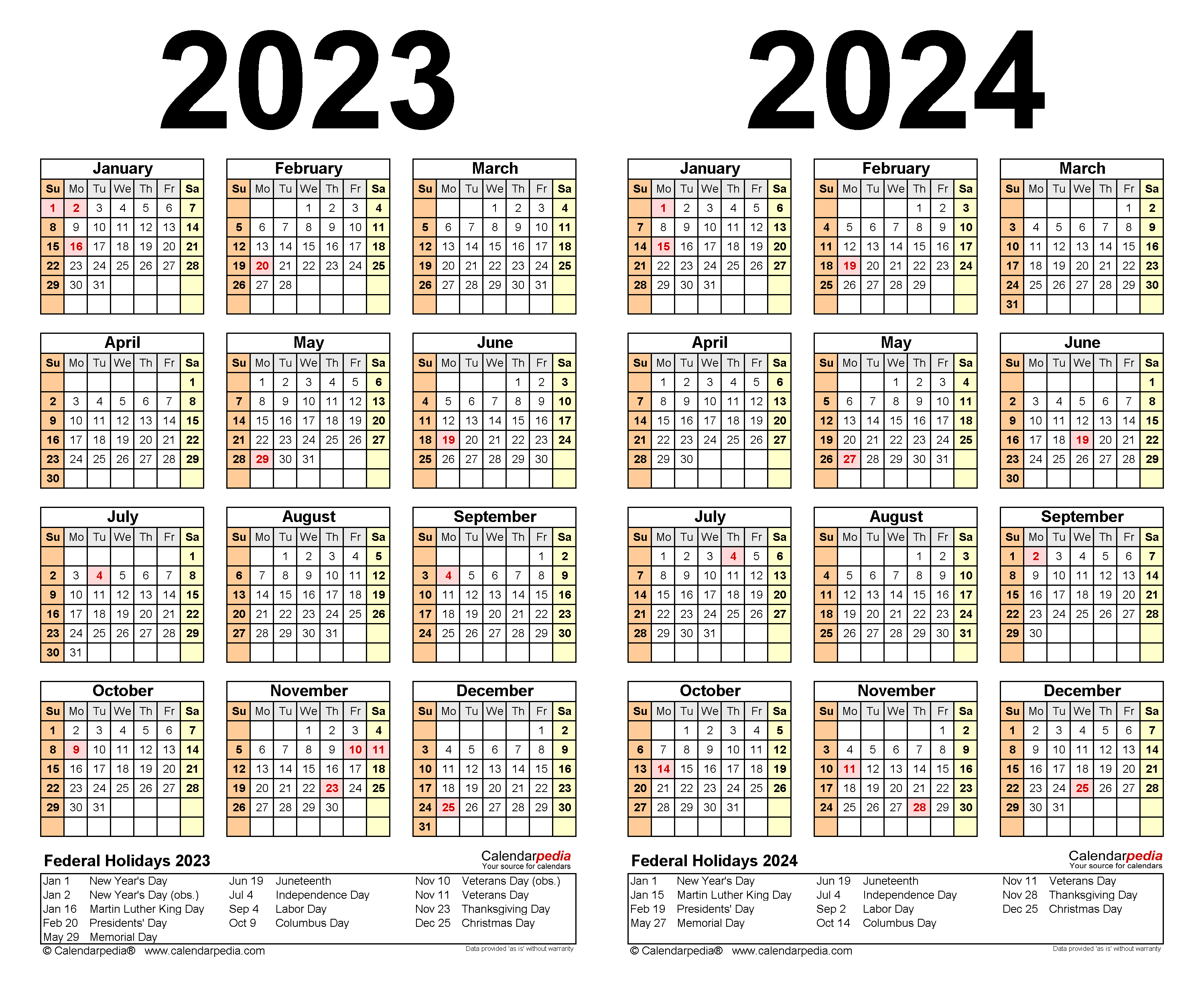
Closure
Thus, we hope this article has provided valuable insights into McGill E-Calendar 2025: A Comprehensive Guide for Students and Faculty. We hope you find this article informative and beneficial. See you in our next article!